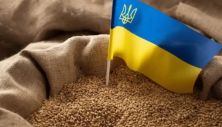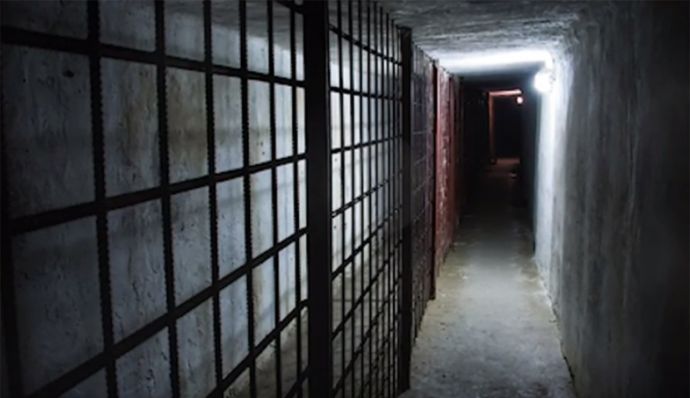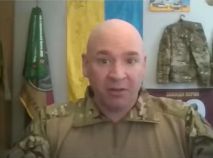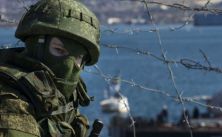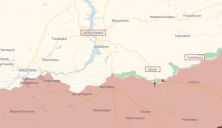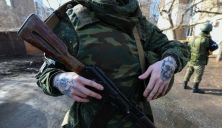In the first weeks after Russia’s invasion of Ukraine, the leadership of the Russian penitentiary system lifted all restrictions on violence against prisoners of war. This decision marked the beginning of years of systematic torture of Ukrainian captives in Russian prisons, The Wall Street Journal reports.
According to the publication, in March 2022—just weeks after Russia’s full-scale invasion—Major General Igor Potapenko, the head of St. Petersburg’s prison system, directly addressed special units of the penitentiary service tasked with handling the influx of war prisoners.
“Be brutal, show no mercy,” Potapenko ordered.
He declared that standard prison regulations would no longer apply. There would be no restrictions on violence, and he also revoked the requirement for guards to wear body cameras, which are otherwise mandatory in Russian prisons.
Similar directives were issued across Russia, including in Buryatia, Moscow, Pskov, and other regions, according to WSJ. Prison administrators nationwide were ordered to clear entire floors, wings, or even entire facilities to accommodate Ukrainian prisoners.
“These meetings marked the start of nearly three years of relentless and brutal torture of Ukrainian POWs. Guards applied electric shocks to prisoners’ genitals until the batteries drained. They beat prisoners, inflicting maximum damage and experimenting to determine which weapons caused the most pain. Medical care was denied, leading to gangrene and resulting in limb amputations,” the article states.
Former Russian prison guards confirmed that Potapenko’s orders were perceived as a carte blanche for violence.
One of the first Ukrainian POWs subjected to this system was 25-year-old Pavlo Afisov, who was captured in Mariupol during the early months of the war. Over 2.5 years, he was transferred between multiple prisons before being released in a prisoner exchange in October 2024.
Upon arriving at a prison in Tver Oblast, north of Moscow, guards took him to a medical examination room, ordered him to strip naked, and repeatedly electroshocked him.
“When it was over, they told him to shout ‘Glory to Russia, glory to special forces,’ then ordered him—still naked—to stand at the front of the room and sing the Russian and Soviet national anthems. When he said he didn’t know the lyrics, the guards beat him again with their fists and batons,” the report describes.
According to former prison guards and human rights activists, the Russian authorities used systematic torture to serve a clear purpose: to make prisoners more compliant during interrogations and to break their will to resist.
“The brutality drained any will or ability to fight again if they were ever exchanged,” said Vladimir Osechkin, head of the Russian human rights organization Gulagu.net, which has helped former Russian prison officials flee the country and testify before the International Criminal Court.
